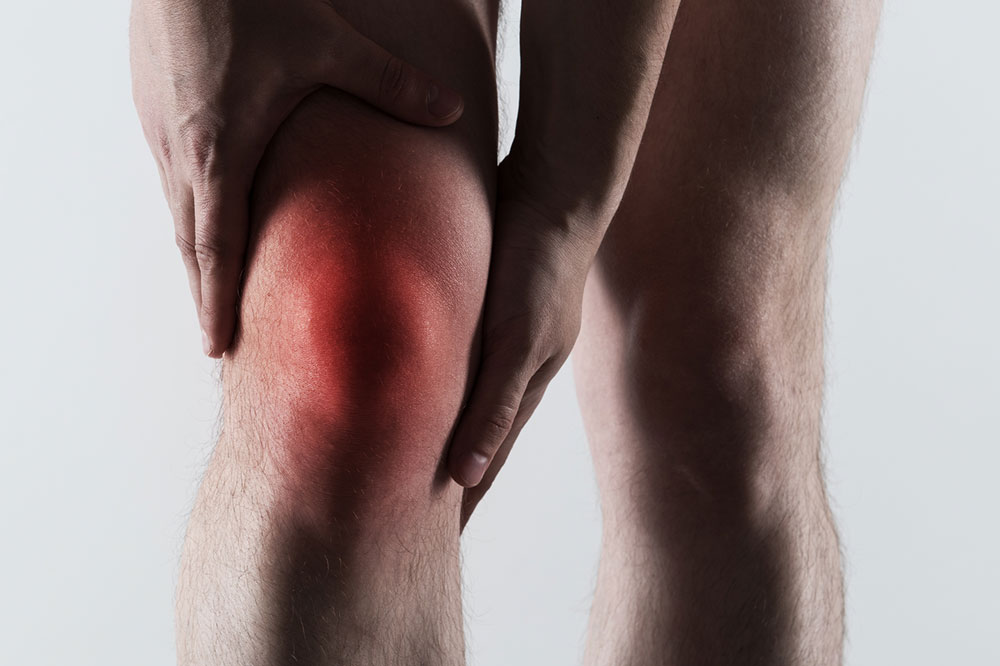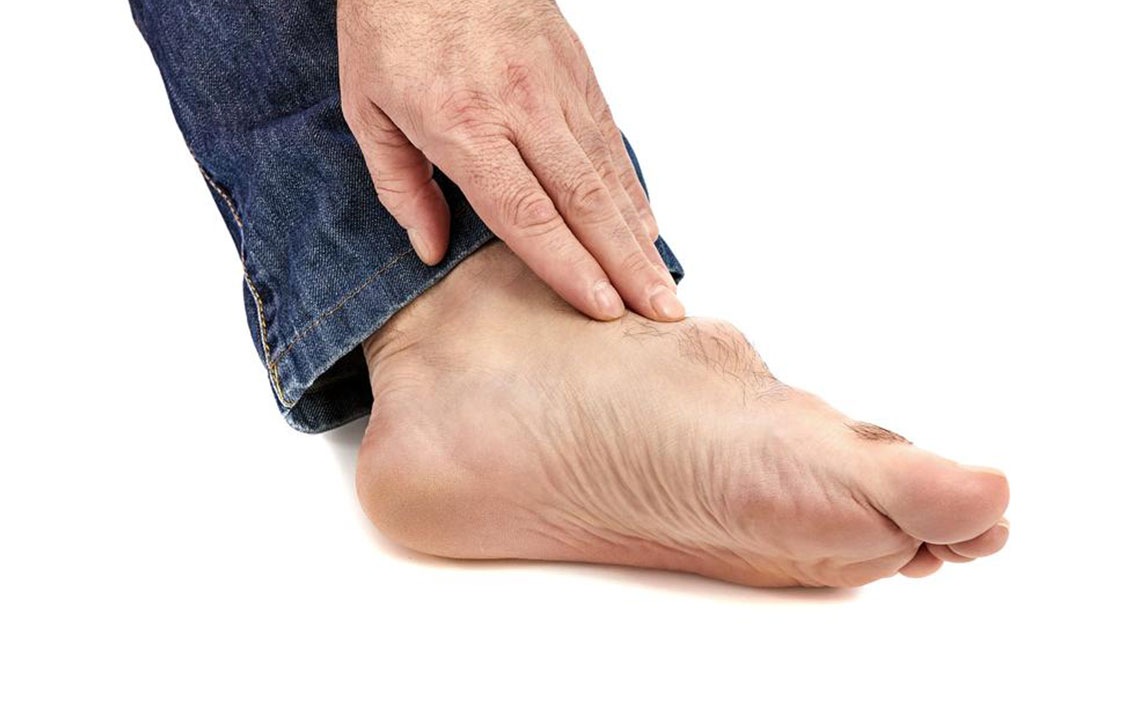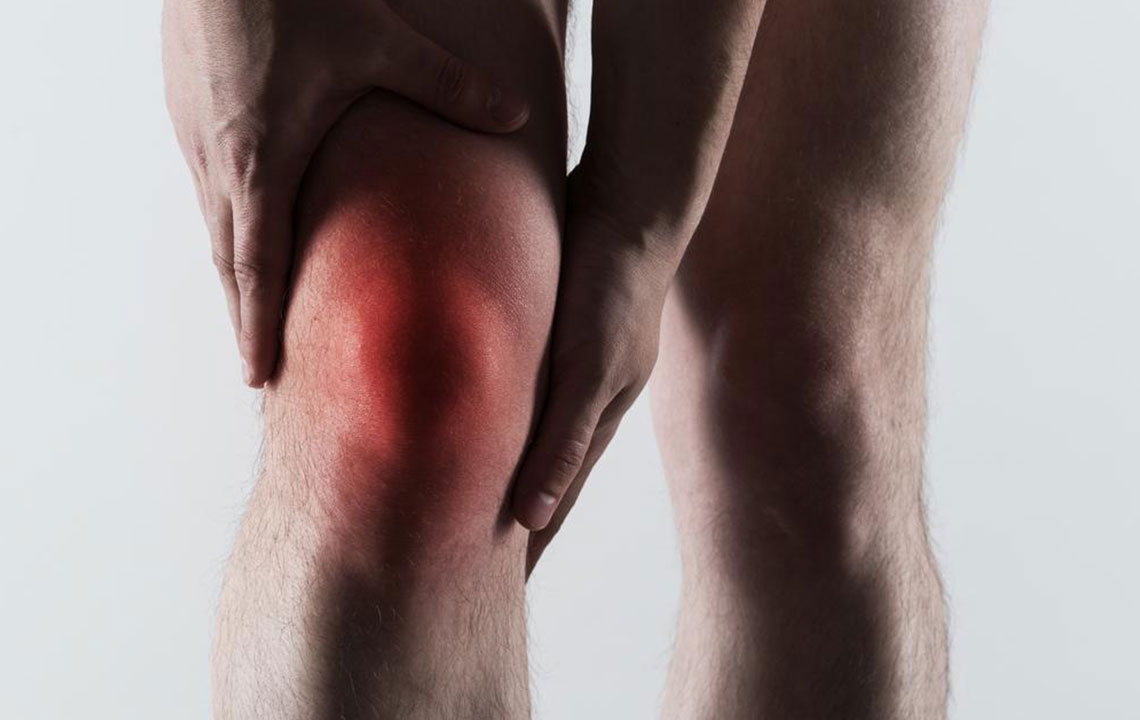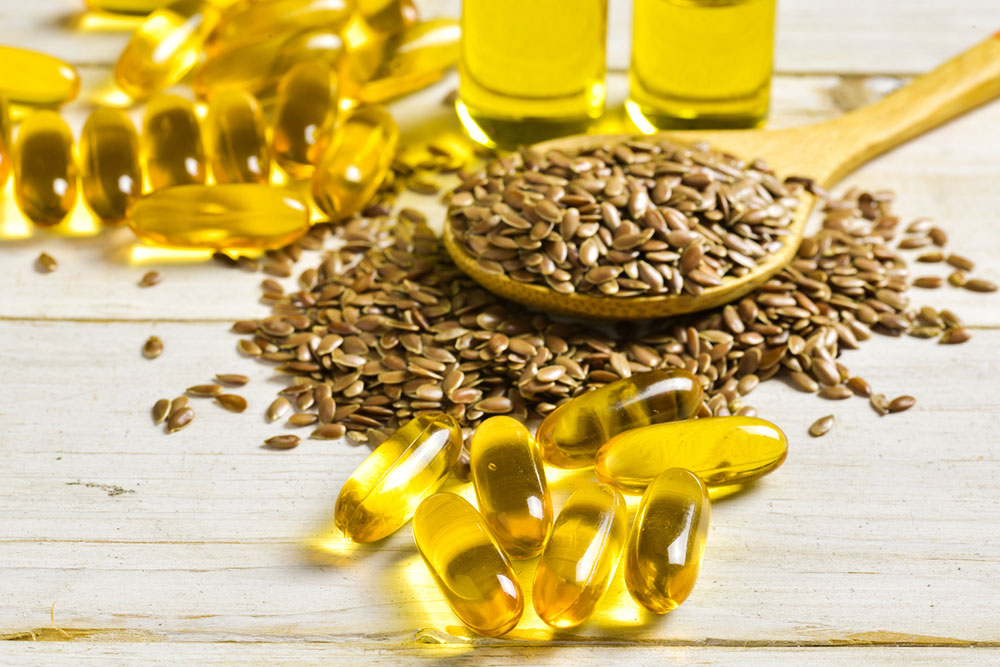Understanding Gout: Symptoms and Effective Management Strategies
Gout is a painful form of arthritis caused by uric acid crystal buildup. This article explains symptoms, lifestyle changes, medications, and home remedies to manage and treat gout effectively. Early intervention and proper management can reduce attacks and prevent joint damage. Learn how to recognize symptoms and explore natural and pharmaceutical remedies to alleviate pain and control uric acid levels for better joint health.

Gout is a common and well-documented condition throughout history. It is a form of arthritis caused by the buildup of uric acid crystals in the joints. This occurs when the body produces excessive uric acid or fails to eliminate it properly, leading to high uric acid levels. The crystals deposit in joints, triggering sudden, intense pain, swelling, and stiffness, often in the big toe. Gout attacks can last hours or weeks and may affect multiple joints (polyarticular gout). A visible sign is tophi, hardened uric acid deposits under the skin, indicating severe overload.
Effective treatment begins with lifestyle modifications, especially during early stages of mild, infrequent attacks. Key recommendations include staying well-hydrated (2-4 liters daily), maintaining a healthy weight, avoiding high-purine foods like red meat, seafood, and alcohol. For severe cases, medication is essential to lower uric acid levels.
Medications for gout fall into three main categories:
Uric acid-lowering drugs: These reduce uric acid in the blood, decreasing tophi and preventing attacks, including allopurinol, febuxostat, pegloticase, and probenecid.
Prophylactic medications: Used alongside uric acid reducers to prevent flare-ups, often prescribed for up to six months. Examples include NSAIDs like indomethacin, ibuprofen, and naproxen.
Rescue medications: For acute pain relief during gout attacks, such as corticosteroids like prednisone or methylprednisolone, targeting inflammation and pain.
Home remedies may assist in managing gout symptoms:
Apple cider vinegar: Can help alkalize the body; soak affected areas or drink a mixture of warm water and vinegar.
Baking soda: Aids in alkalizing; take ½ teaspoon dissolved in water up to four times daily.
Cherries: Rich in antioxidants, they reduce uric acid and inflammation; eating 15-20 cherries daily may help.
Ginger and turmeric: Consume raw, as tea, or add to food to alleviate pain and reduce inflammation.
Lemon juice: High in vitamin C, helps lower uric acid; drink several glasses daily, possibly with baking soda for enhanced effect.
Consult a healthcare professional for personalized treatment. Implement these strategies to manage gout symptoms effectively and reduce discomfort.










